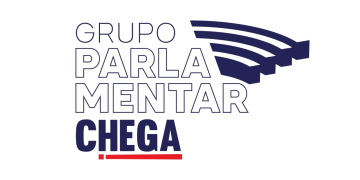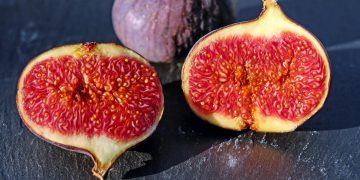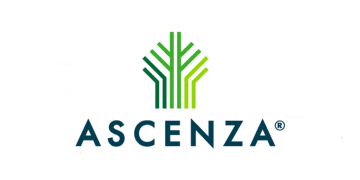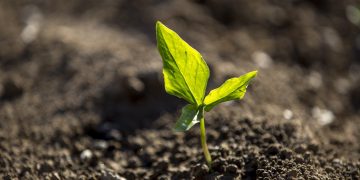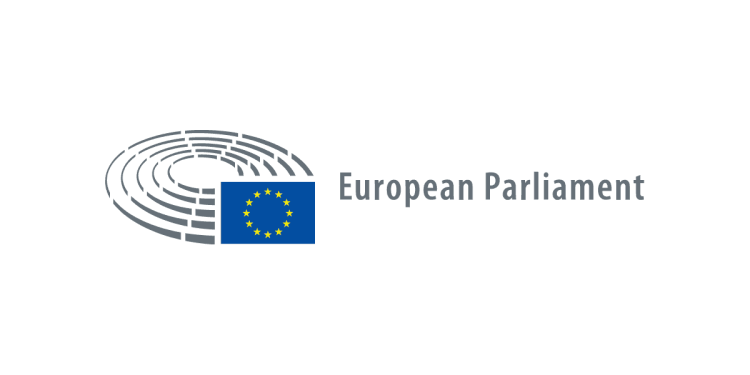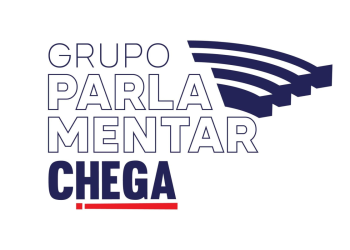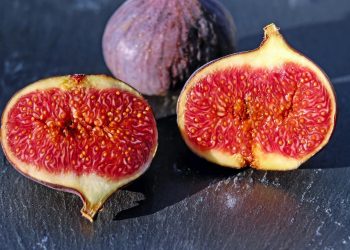More than two thirds of high content protein feed used in the EU is imported
EU must diversify its food and feed supply chains
Farmers should get help to convert protein crops to attractive products
By-products from the processing of protein crops should be supported
The Agriculture Committee proposes measures to increased EU production of plant protein in a report adopted on Tuesday.
The COVID-19 pandemic and the Russian invasion of Ukraine have made it more apparent that the EU needs to diversify its food and feed supply chains in order to reduce its dependence on inputs from too few foreign suppliers, says the Agriculture and Rural Development Committee in a draft resolution on the European Protein Strategy, adopted on Tuesday by 33 votes to 9 and 3 abstentions. A comprehensive and ambitious protein strategy must be therefore urgently adopted in the EU, stress MEPs led by rapporteur Emma Wiesner (Renew, SE).
Incentives for circular protein production
MEPs call for a rise in the EU production of plant protein and stress that a sustainable plant protein production increases the circularity in the food and feed value chains and can have benefits for the climate. Member States should therefore consider introducing eco-schemes for legumes and grasslands and create dedicated protein plants funds, say MEPs. The Commission should consider the possibility to grow protein-rich crops for food on set-aside land, add MEPs.
Support for farmers
Farmers must be in the centre of the strategy, stresses the report. The Commission should therefore help farmers to convert their crops to attractive products for food and feed by increasing crop resilience, protein yields and quality of protein. Unnecessary regulatory burden for protein production must be eased. To improve famers’ self-sufficiency, EU policy measures are needed to close the nutrient loop: manure products and food industry waste should be classified as a substitute for chemical fertilisers.
Regulation of bioenergy
The report points out that an increased protein production can help the EU to enhance the production of bioenergy products. To that end, MEPs call on the Commission to present a regulation for utilization of side streams from plant protein extraction, agricultural residues and food production waste streams for the production of bioenergy.
Research and an environmental footprint label
MEPs call for more research and development into the production and the safety of proteins in the EU and their impact, as well as for a science based and voluntary label allowing for comparison of the environmental footprint of food and feed.
Next steps
The draft resolution needs to be put to a plenary vote, possibly during the 16 – 19 October session. The European Commission has announced that it intends to adopt an EU Protein Strategy in the beginning of 2024.
Background
Only 29 % of the high-protein feedstock needed to balance animal feed originates from the EU, which makes the EU heavily dependent on imports of high-protein plant content from third countries.
At their meeting in Versailles in March 2022, EU Heads of State or Government identified increasing the EU production of plant-based proteins as a means to improve food security.

